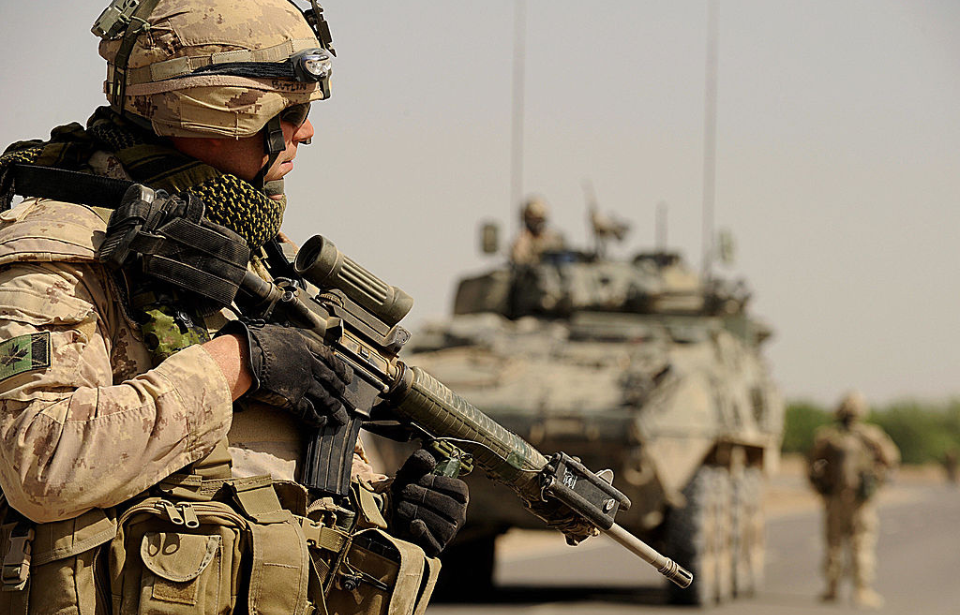Veterans in Canada are calling on the federal government to recognize the bravest acts of heroism performed by soldiers during the War in Afghanistan by awarding the Victoria Cross, the most prestigious award in the British Commonwealth. Since Canada established its own version in the 1990s, no soldier has received it, leaving veterans wondering if it’s been deliberately put out of reach for even the most daring and selfless of service members.
History of the Victoria Cross
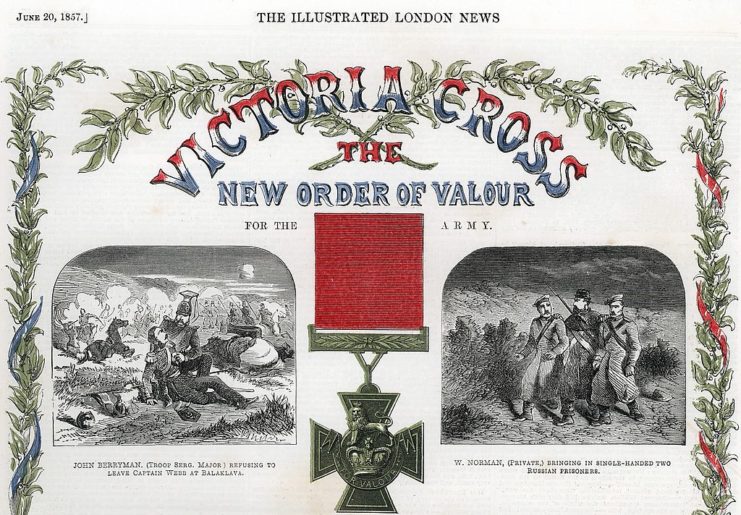
The Victoria Cross (VC) was first established in Britain during the Crimean War. The conflict was one of the first to be reported on across the world, with stories of valor and bravery in battle widely broadcast. Prior to the introduction of the Victoria Cross, most British military medals were awarded based on rank or smaller acts of valor.
In 1856, Queen Victoria commissioned the War Office to create a new medal that would only be awarded to military members who “served in the presence of the enemy and had performed some signal act of valor or devotion.” Along with being given to British servicemen, the Victoria Cross could also be awarded in Commonwealth countries, such as Australia, India and South Africa.
Many Commonwealth nations have since replaced the medal with their own equivalent of the award. While Canada has its own, the Victoria Cross of Canada, it’s not been awarded to anyone, despite being introduced by Queen Elizabeth II in February 1993.
Canadian veterans face a double standard
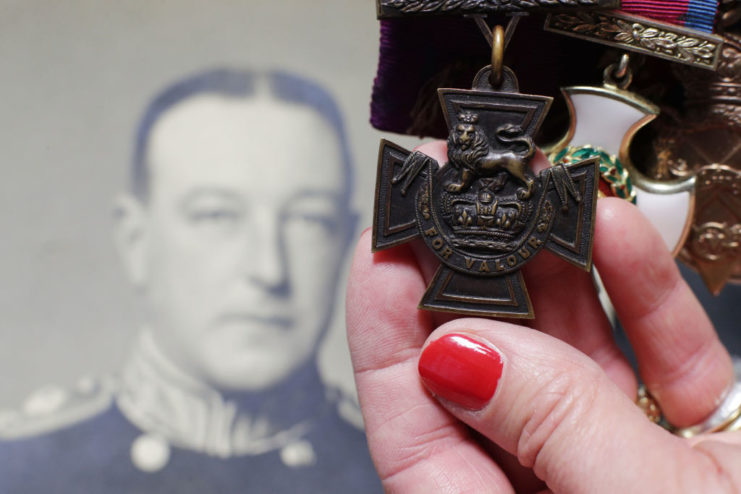
The veterans currently spearheading the call-to-action in Canada regarding the Victoria Cross hope to have the heroism displayed during the War in Afghanistan recognized by the prestigious military decoration. As the CBC reports, despite handing out more medals for bravery per capita than their allies in the war, the Canadian military says that “no single act by a Canadian soldier unquestionably met the ‘extremely rare standard’ needed for the highest honour.”
Meanwhile, 20 American service members were awarded the Medal of Honor, the equivalent of the Victoria Cross in the United States, for extraordinary acts of valor in Afghanistan.
“It was always kind of stuck in the back of our minds,” retired Cpl. Bruce Moncur told the CBC. He was wounded when an American jet accidentally strafed Canadian soldiers in Afghanistan at the start of Operation Medusa in September 2006. “It just didn’t feel right that nobody got the VC, [that] everyone else gave one out.”
Canadian veterans who fought in Afghanistan feel ‘forgotten’
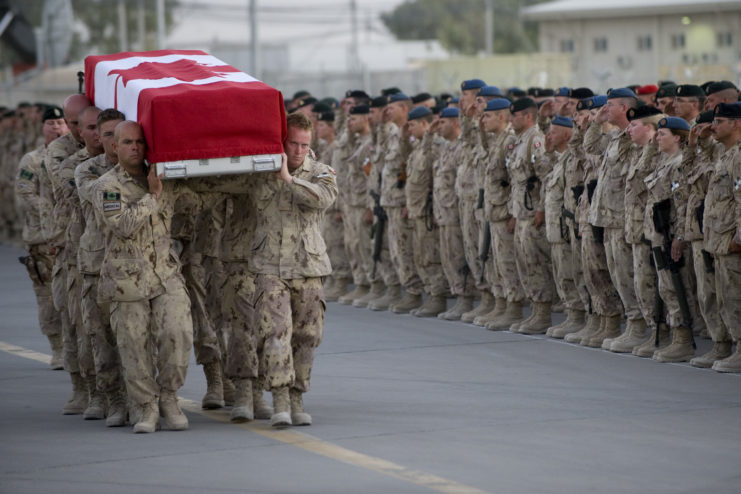
Over 40,000 Canadians served in Afghanistan. However, many feel their contributions have been overlooked. “We do feel forgotten. We do feel that our sacrifices are being brushed under the rug, and we do feel as if, you know, there’s so many elements of us that just get overlooked,” explained Moncur.
He also shared how he felt service members who served in the conflicts of this generation are barely commemorated, as Canadians focus solely on World War I and II when reflecting on valor and bravery. In fact, The Canadian Press once compared the citations of Victoria Cross recipients from the two wars to those of soldiers awarded lesser decorations in Afghanistan. It revealed that, in some cases, the modern-day service members achieved a much higher level of bravery than those in the past.
‘The least they could do’
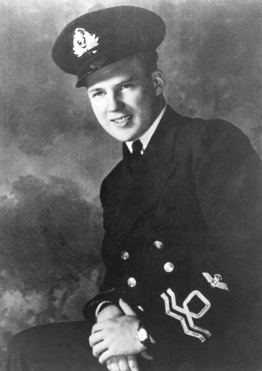
The last Victoria Cross to be awarded to a Canadian was given posthumously to naval pilot Lt. Robert Hampton Gray after he died attacking a group Japanese warships in August 1945. In total, 99 were awarded to Canadian recipients, but this was during a time when the British still administered it on behalf of Commonwealth nations.
Moncur also shared why he feels “outraged” by the federal government’s lack of recognition of veterans, telling the CBC, “As somebody that fought in Afghanistan, as somebody that bled and got shot, I am outraged by the fact that a lot of the guys did not get their proper respect and dues for what they did over there. It’s literally – quite literally – the least they could do.”
More from us: Operation Trent: The British Special Air Service’s Astonishing Daylight Mission in Afghanistan
Canada did award 18 Stars of Military Valour, the country’ second-highest designation, for actions in Afghanistan, along with another 89 bravery medals. Veterans like Moncur are calling on the government to upgrade several Stars of Military Valour to the Victoria Cross.
Their main focus is on Jess Larochelle of Company C, 1st Battalion Royal Regiment. The private was awarded a Star of Military Valour after he single-handedly kept his wrecked outpost outside of Kandahar from being overrun by over 20 Taliban fighters in October 2006. Two members of his unit were killed in the attack, and it was later learned that he volunteered to hold position, despite the danger he faced.
